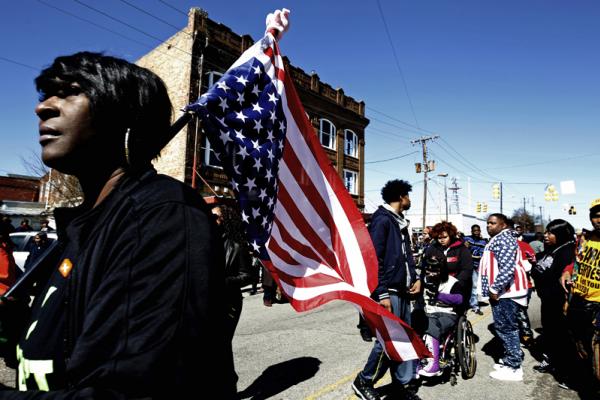With the 50th anniversary of Bloody Sunday this weekend, America was reminded how this small city helped bring sweeping change to the nation.
But while Selma might have transformed America, in many ways time has stood still in this community of 20,000 that was at the center of the push that culminated with the Voting Rights Act of 1965.
Dallas County, of which Selma is the county seat, was the poorest county in Alabama last year. Selma has an unemployment rate of 10.2 percent; the national rate is 5.5 percent.
More than 40 percent of families and 67 percent of children in the county live below the poverty line. The violent crime rate is five times the state average.
The Birmingham News called the region, known as the Black Belt because of its rich soil, “Alabama’s Third World.”
Read the Full Article

